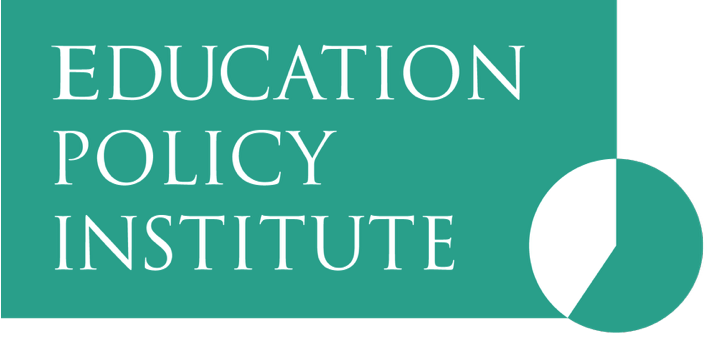Across the education sector, stakeholders have emphasised the importance of learning modern foreign languages (MFL). In their research review series, Ofsted argued that learning a foreign language provides tangible benefits for pupils, by broadening their horizons and providing ‘knowledge and cultural capital’. The Department for Education (DfE) has defined language subjects, along with English, mathematics, the sciences and humanities, as ones that “[keep] young people’s options open for further study and future careers”. Others point to the potential benefits to the wider economy, with research conducted for the former Department for Business, Innovation and Skills finding deficient language skills to cost the UK economy 3.5 per cent of GDP a year, largely through its impact on limiting businesses’ potential exports.
However, the number of pupils in England taking MFL has declined dramatically in the past 25 years. Figure 1 shows the number of pupils who entered GCSEs in Spanish, German and French, which together account for the vast majority (over 90 per cent) of all MFL entries. While there has been a steady increase in the number of pupils entering Spanish GCSE, the number of entries in German and French have more than halved from 1996 to 2021. This year’s GCSEs saw further declines in entries in French and German, but also in Spanish.

